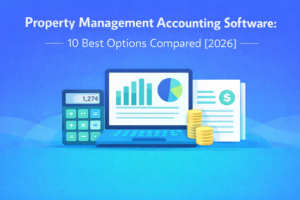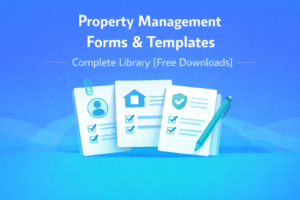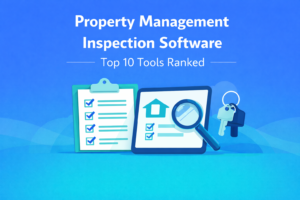
In the ever-evolving and ever-changing landscape of real estate investment, staying abreast of tax benefits is of paramount importance. One such incentive, which can prove highly lucrative for property investors, is the concept of bonus depreciation on rental property. While depreciation itself is a well-understood concept, the intricacies and advantages of bonus depreciation remain relatively unknown concept for many investors. This article aims to explain this subject, shedding light on its potential benefits.
Depreciation 101
Before we dive deep into bonus depreciation, let’s quickly revisit and understand the fundamental idea of depreciation. Essentially, depreciation allows property owners to allocate the cost of an asset over its useful life. For real estate investors, this means distributing the value of a property (minus land value) over a predetermined period, usually 27.5 years for residential rental property. This yearly depreciation works as a tax deduction, reducing the taxable income derived from the property.
What is Bonus Depreciation?
Bonus Depreciation Introduced by the Tax Cuts and Jobs Act (TCJA) in 2017 is a tax incentive allowing businesses and property investors to immediately deduct a significant portion of the purchase price of eligible assets in the year they are placed in service. This was previously set at 50%, the TCJA then boosted bonus depreciation on rental property to 100% for assets acquired and placed in service after September 27, 2017, and before January 1, 2023.
Advantages of Bonus Depreciation
Immediate Tax Reduction: One of the most enticing aspect of bonus depreciation is the immediate tax reduction that comes with it. By claiming 100% bonus depreciation, investors can drastically reduce their taxable income in the year the asset is placed in service.
Flexibility in Property Choices: While traditional depreciation primarily applies to properties with a lifespan of 27.5 or 39 years (residential or non-residential), bonus depreciation can be claimed on properties with a useful life of 20 years or less. This includes landscaping, driveways, and certain kind of improvements inside the rental property.
No Profit Limitations: Unlike Section 179 deductions, which are restricted based on profit, bonus depreciation on rental property has no such kind of constraints. This means even if your rental activity operates at a net loss, you can still claim the full bonus depreciation amount.
How to Qualify for Bonus Depreciation
To tap into the benefits of bonus depreciation, there are a few eligibility criterias that need to be fulfilled:
Property Type: The property must have a determinable useful life of 20 years or less. This includes personal property like appliances and furniture, land improvements, and qualified improvement property.
Acquisition Date: As per TCJA guidelines, to avail 100% bonus depreciation, the rental property should have been acquired and put into service after September 27, 2017, but before January 1, 2023.
Original Use: The bonus begins with you. The original use of the property must commence with the taxpayer, implying that it should be a new property and not used.
Business Use Requirement: The asset must be used in a trade or business or held for the production of income.
Things to Consider
State Tax Implications: While the federal tax reform amplifies the benefits of bonus depreciation on rental property, not all states conform to these provisions. It’s important to fully understand state-specific rules before making decisions based on federal tax incentives.
Future Tax Implications: While bonus depreciation offers immediate tax reductions, it’s also crucial to consider future tax implications. Maximizing deductions now might result in reducing the future deductions since the asset’s basis will decrease.
Potential Policy Changes: Tax laws are dynamic. Future legislation can alter the course of existing benefits, so it’s wise to stay updated on potential policy shifts.
Conclusion
For real estate investors, understanding all the intricacies of tax incentives can significantly boost profitability. Bonus depreciation, with its accelerated rewards, offers a golden opportunity for all those in the rental property domain. While the advantages are compelling, it’s always recommended to consult and take a final advice from a tax professional. A comprehensive understanding of bonus depreciation on rental property when further combined with strategic financial planning, can lead to maximized returns and a prospering real estate portfolio.
Table of Contents
Stay Updated
Subscribe to get the latest news, industry trends, blog posts, and updates...




